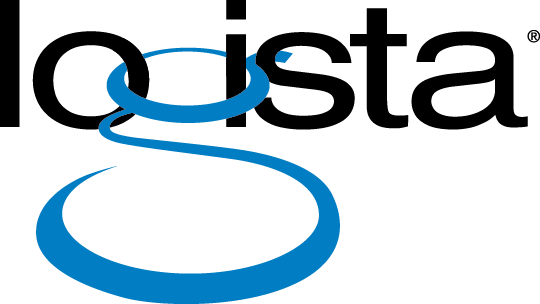As we enter a new year, the threat of cyber attacks continues to loom large. And as technology continues to become more sophisticated, so do the methods cybercriminals use. Make it a resolution this year to do everything you can to protect your business, your customers, and your team with a robust cybersecurity plan.

Here are six common vulnerabilities that businesses often overlook. Read on to see if you recognize any of these cyber weaknesses in your business.
1. Lack of Employee Cybersecurity Awareness: One of the biggest vulnerabilities a company can face is the lack of employee awareness about cybersecurity best practices. Employees who are not trained in identifying phishing emails, using strong passwords, or recognizing social engineering techniques can unknowingly provide an entry point for cybercriminals. Investing in regular cybersecurity training and awareness programs can significantly reduce the risk of successful attacks.
2. Outdated Software and Systems: Using outdated software and systems can expose your company to vulnerabilities that cybercriminals can exploit. Without regular updates and patches, security flaws remain unaddressed, allowing hackers to gain unauthorized access to your network. It is crucial to regularly update and patch all software and systems to ensure optimal security and protection against emerging threats in 2024.
3. Inadequate Data Encryption: Data encryption plays a vital role in protecting sensitive information from unauthorized access. Failure to encrypt data, both in transit and at rest, can leave your company vulnerable. In 2024, as cyber threats become more sophisticated, implementing robust encryption measures will be crucial to safeguarding your data from potential breaches.

4. Weak Passwords and Authentication Practices: Weak passwords and lax authentication practices continue to be a significant vulnerability for companies. Many employees still use easily guessable passwords or reuse passwords across multiple accounts, making it easier for cybercriminals to gain unauthorized access. Adopting multi-factor authentication, enforcing strong password policies, and regularly updating passwords can significantly enhance your company’s cybersecurity posture.
5. Third-Party Risks: In today’s interconnected business landscape, third-party vendors and suppliers play a crucial role. However, they can also introduce potential vulnerabilities. If adequate security measures are not in place for vetting and monitoring third-party partners, cybercriminals may exploit these connections to gain unauthorized access to your company’s data. Regular assessments and audits of third-party vendors’ security protocols are essential to mitigate such risks.
6. Insufficient Incident Response Planning: Even with the best preventive measures, no system is completely immune to cyber attacks. Having an incident response plan in place is vital to minimize the impact of an attack and swiftly respond to mitigate any damages. Without a well-defined plan, companies risk prolonged downtime, reputational damage, and increased financial losses. Developing and regularly testing an incident response plan is crucial to effectively address potential cyber threats in 2024.
Do any of these vulnerabilities seem familiar? By addressing factors such as employee awareness, outdated systems, encryption practices, password security, third-party risks, and incident response planning, companies can bolster their defenses and minimize the risk of falling victim to cyber attacks. Staying proactive in identifying and mitigating vulnerabilities will be the key to maintaining a secure digital environment in the new year.
About Logista Solutions
Logista Solutions is a nationally recognized leader in a broad range of technology management solutions. As one of the largest technology support providers in the U.S., Logista provides innovative and holistic solutions to help companies take control of their IT infrastructure and achieve better business outcomes. Popular services include Managed IT as a Service, VoIP and Unified Communications, Managed Print, Cloud Services and Asset Disposition.




